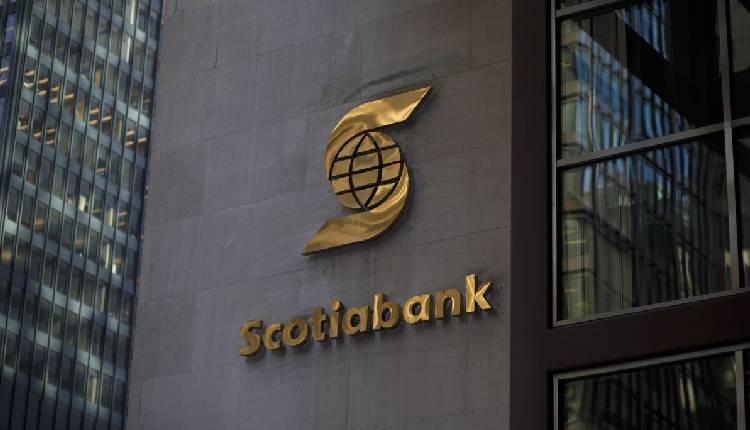Canadian banks fall behind in renewable investments
Canada’s financial institutions are falling short in the investment levels required for renewable energy to reach net zero emissions by 2050, according to a new report by Investors for Paris Compliance.
The report reveals that between 2016 and 2024, only three of Canada’s largest banks, insurance providers, investment firms, and pension boards met the International Energy Agency’s (IEA) 2030 target for having renewable energy account for 71 per cent of power-sector financing.
Pension boards like Caisse de Dépôt et Placement du Québec (CDPQ) and the Canada Pension Plan Investment Board were leaders in renewable investments, meeting the IEA’s target.
However, big banks lagged behind, with the Bank of Nova Scotia ranking lowest in renewable energy investment.
Despite commitments to net zero by 2021, Canada’s largest banks have shown minimal progress in increasing renewable credit financing.
The report also highlighted some positive developments, such as Brookfield Asset Management’s efforts to transition coal assets to clean power and Royal Bank of Canada’s plan to triple its renewable energy lending by 2030.
However, the organisation emphasised the need for stronger government measures and financial regulations to improve renewable-energy financing, calling for more consistent application of power-sector policies across financial institutions.
Earlier this year, investors for Paris Compliance filed a complaint with Canadian securities regulators, urging an investigation into the green financing claims of the country’s largest banks.
Attribution: Bloomberg
Subediting: M. S. Salama


